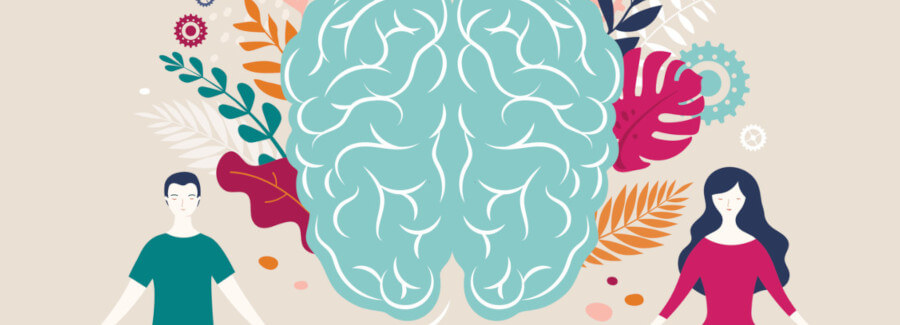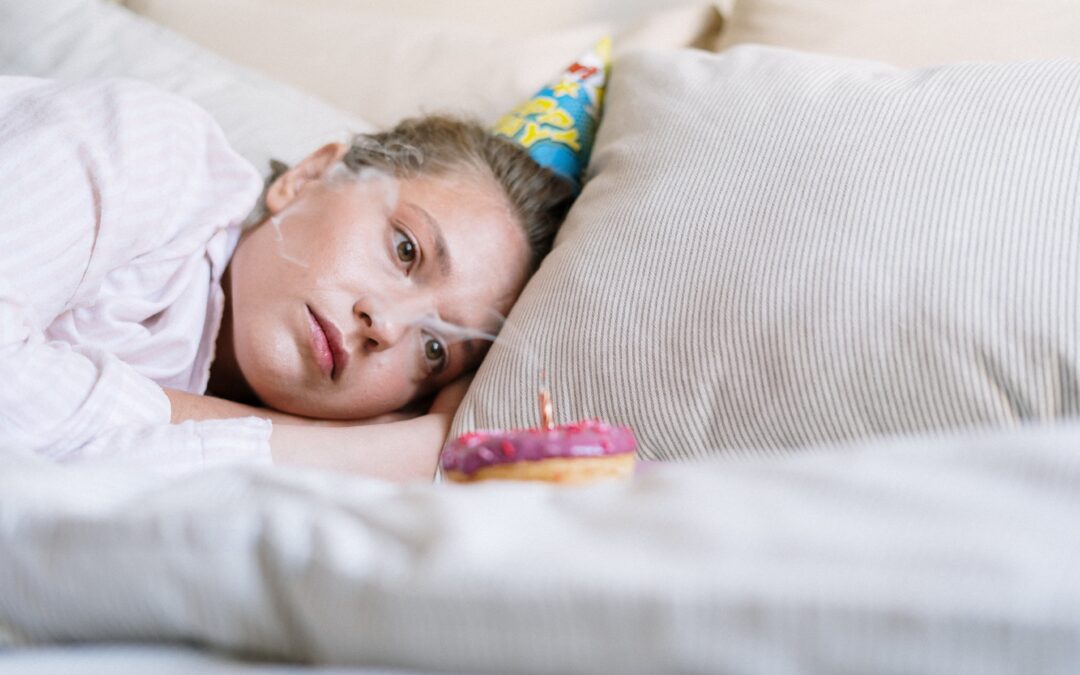Mental Health Hygiene
by Dawson Fagan, MSW
Mental health is a critical aspect of our overall well-being, and it’s essential to take steps to maintain and improve it. Mental health hygiene is just that, a sort of maintenance schedule to facilitate your general mood and well-being. Mental illness often requires professional help. Mental health conditions, such as anxiety and depression, can have a significant impact on our daily lives, and you may require help from one of our staff. However, there are many ways to improve our overall mental health and boost our day-to-day mood. In this blog post, we’ll explore some of the most effective tips and techniques for improving mental health hygiene.
- Exercise regularly: Physical activity is an excellent way to boost mood, relieve stress, and improve mental health. Whether it’s going for a walk, doing yoga, or playing a sport, exercise releases endorphins, which are feel-good chemicals in the brain. Aim to exercise for at least 60-90 minutes a week.
- Get enough sleep: Sleep is crucial for our mental and physical health. Not getting enough sleep can increase the risk of developing mental health conditions, such as anxiety and depression. And, low sleep increases irritability and cognitive functioning. Aim to get at least 7-9 hours of sleep per night, and be sure to establish a consistent sleep routine.
- Connect with others: Social support is crucial for mental health. Spending time with family and friends, or joining a support group, can provide a sense of belonging, reduce feelings of loneliness, and improve mood.
- Practice mindfulness: Mindfulness is a technique that involves being present in the moment and paying attention to your thoughts and feelings without judgment. This technique can help reduce stress and anxiety and improve mood. Try practicing mindfulness through meditation or deep breathing exercises. Or, just try to pay attention to things you normally don’t. For example, examine your food or snacks for a few seconds before eating them, or pay specific attention to how your water tastes. These are all grounding activities.
- Take care of your physical health: Your physical health can have a significant impact on your mental health. Eating a balanced diet, avoiding excessive alcohol consumption, and avoiding certain drugs can help improve mental health.
- Seek professional help: If you’re feeling overwhelmed or struggling with your mental health, seeking professional help can be beneficial. A therapist or counselor can provide support and help you develop coping strategies that go beyond the basic hygiene listed here.
In conclusion, improving your mood is an ongoing process that requires effort and dedication. However, by incorporating these tips and techniques into your daily routine, you can boost your overall mood and well-being. If you’re struggling with your mental health, don’t hesitate to seek our professional help. Taking care of your mental health is just as important as taking care of your physical health.











